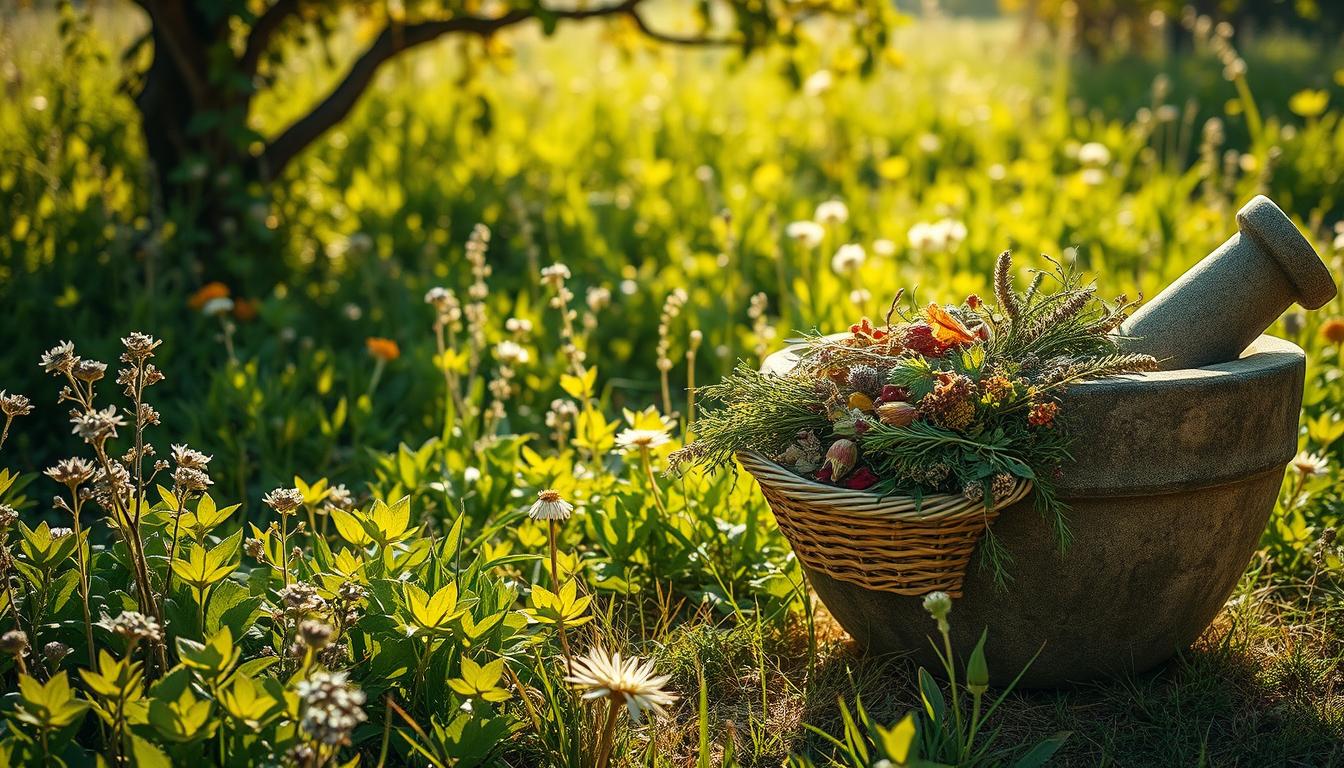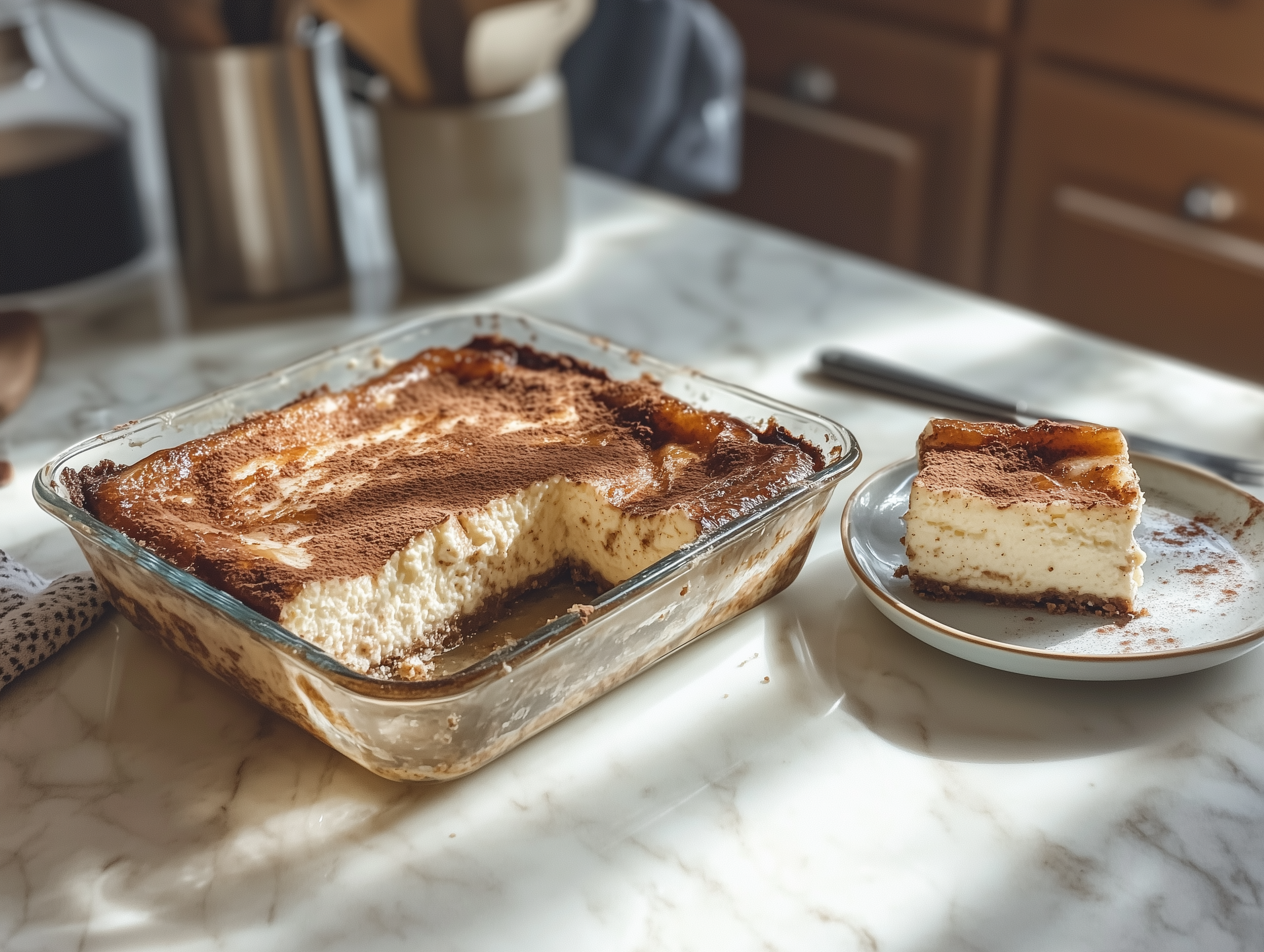Have you ever thought about how our ancestors used herbal smoking for healing and relaxation? Ancient smokable herbs take us on a journey into natural wellness that goes back thousands of years.
I’ve delved into the world of herbal smoking and found amazing traditions. These traditions offer alternatives to regular tobacco. The use of medicinal herbs for smoking dates back to 5000 BC. Over 1,500 plants have been used for their therapeutic smoke throughout history.
Smokable herbs are a safer choice than traditional tobacco. They offer benefits like stress relief and even spiritual experiences. Each herb has its own special properties, making herbal smoking a complex and interesting field.
Key Takeaways
- Ancient herbal smoking practices span thousands of years
- Over 1,500 plants have been used for therapeutic smoking
- Herbs offer unique alternatives to traditional tobacco
- Different herbs provide unique relaxation and wellness benefits
- Responsible use requires understanding individual herb properties
Introduction to Ancient Smokable Herbs
Exploring herbal remedies takes us on a journey through natural healing that spans thousands of years. Smokable herbs offer a unique way to connect ancient traditions with today’s health practices. They show how old ways can meet modern needs.
What Are Smokable Herbs?
Smokable herbs are plants made to be inhaled when burned or vaporized. They are different from tobacco because they provide health benefits and fun experiences. People use these herbs for many reasons:
- Medicinal healing
- Spiritual rituals
- Relaxation techniques
- Cultural ceremonies
A Brief History of Herbal Smoking Practices
Herbal smoking has been around for 5000 years, with cultures all over the world using it. They used it for spiritual and healing purposes. More than 200 plants are known for their smokable properties, each with its own cultural value.
In ancient societies, smokable herbs were more than mere substances—they were sacred tools for communication, healing, and spiritual connection.
Herbal smoking is interesting globally. About 70% of indigenous cultures use it in their rituals. This shows how important it is across different cultures.
Today, smokable herbs are studied and used in many ways. They are seen as a way to heal naturally and improve overall wellness. This makes them a fascinating area to explore.
Popular Ancient Smokable Herbs
Exploring herbal smoke blends takes us back in time. Ancient cultures used smokable plants for health. These plants offer benefits beyond just eating them.

My journey into these botanical wonders has found three key herbs. They’ve been used for centuries in traditional ways.
Mugwort: The Dream Herb
Mugwort is a standout in the world of herbs. Artemisia vulgaris helps with dreams and meditation. It’s added to smoke blends for:
- Promoting vivid dreams
- Supporting spiritual meditation
- Potentially aiding in astral projection
“Mugwort opens the doorway to consciousness beyond ordinary perception.” – Traditional Herbalist
Damiana: A Traditional Relaxant
Damiana is a unique herb in medicine. Turnera diffusa is known for its relaxing and aphrodisiac effects. It adds special benefits to smoke blends.
Lavender: More Than Just a Fragrance
Lavender is more than a scent. It offers calming effects when smoked. Its gentle smoke can reduce stress and bring peace.
Learning about these ancient herbs is a journey. We must respect their traditional uses and health benefits. Always smoke herbs with care and knowledge.
Health Benefits of Smokable Herbs
Exploring medicinal herbs opens up new ways to improve health naturally. Smokable herbs have been used for thousands of years. They offer unique benefits for overall wellness.
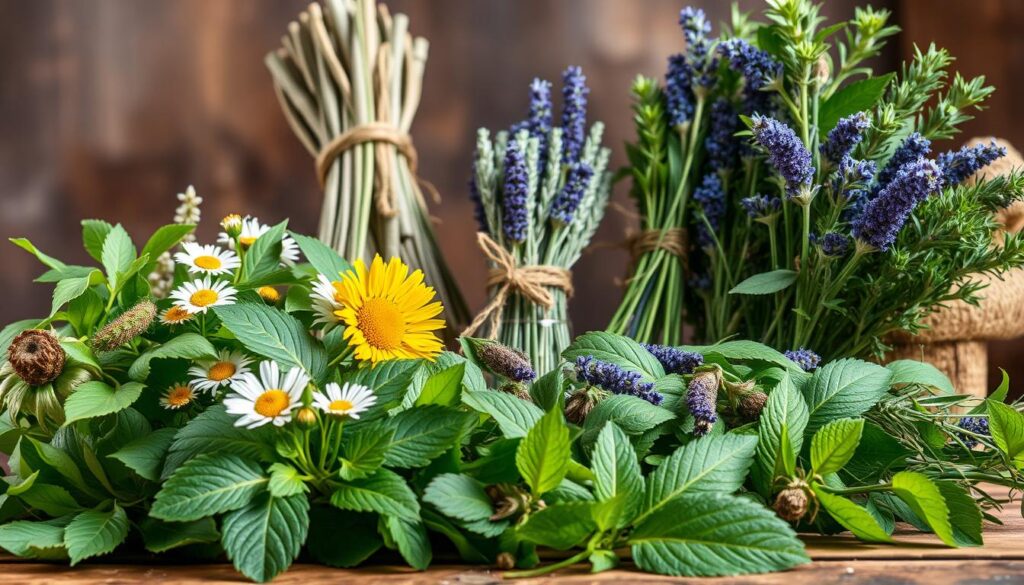
- Stress Relief: Herbs like Linden and Passionflower help reduce anxiety naturally
- Sleep Support: Hops Flower and Wild Lettuce promote relaxation for better sleep
- Mood Enhancement: Damiana Leaf boosts mood naturally
- Respiratory Support: Mullein clears lung mucus and soothes irritation
Potential Therapeutic Effects
Each herb has its own special properties. Ginkgo Leaf may improve blood flow, and Skullcap calms the mind. Blue Lotus can give a gentle high, but use it carefully.
Stress Relief and Relaxation
Some herbs are great for managing stress. Chamomile, for example, can relax you like some medicines but without the side effects.
Always consult healthcare professionals before incorporating smokable herbs into your wellness routine.
Smokable herbs are interesting for natural wellness, but use them wisely. Moderation and careful use are important for safety.
The Practice of Herbal Smoking
Exploring herbal smoking needs careful thought and a mindful approach. As someone who loves natural healing, I’ve found that therapeutic herbs are great for wellness. They offer unique ways to support health through mindful use.
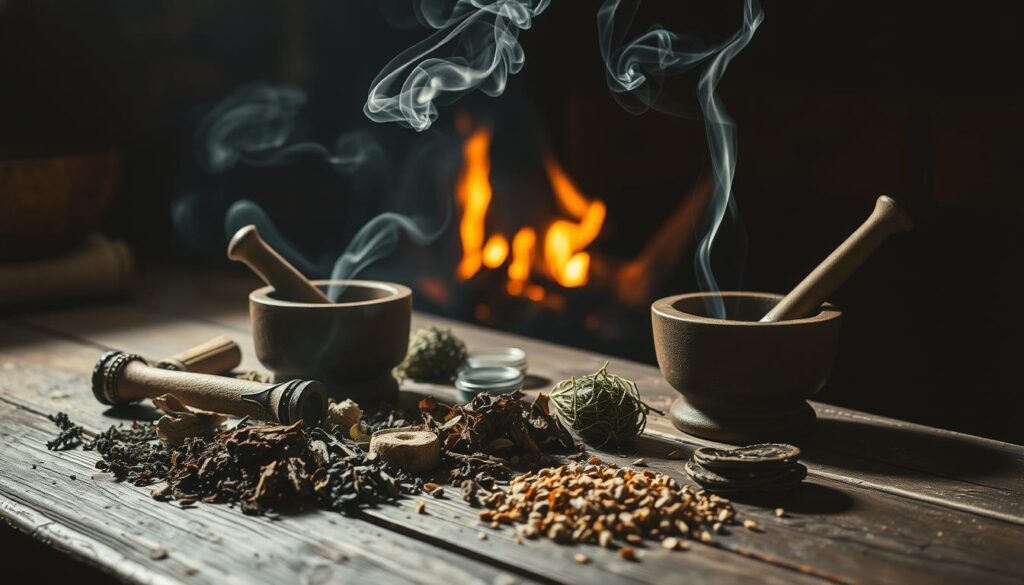
Herbal smoking has ancient roots in natural healing. Preparing smokable herbs requires attention and respect for the plant’s power.
Methods of Preparation
To make a good herbal smoking blend, follow these steps:
- Select high-quality, organic herbs
- Properly dry herbs to prevent mold
- Grind herbs to consistent texture
- Mix base herbs with action herbs
- Store in airtight containers
Safety Considerations
When trying herbal smoking, safety is key. It’s important to know about individual sensitivities and possible interactions.
- Start with small quantities
- Research each herb’s properties
- Consult healthcare professionals
- Watch for allergic reactions
- Avoid smoking if pregnant or with respiratory conditions
Recommended Dosages
Finding the right balance in herbal smoking takes time. Less is more when finding your personal tolerance and desired effects.
Remember: Every individual’s response to therapeutic herbs can vary significantly.
By knowing and respecting herbal smoking, you can explore natural options that support holistic wellness.
The Role of Smokable Herbs in Spiritual Practices
Ancient smokable herbs have been key in spiritual practices worldwide. They were more than just plants. They were sacred links to deeper states of consciousness and spiritual insight.

Herbal smoking has deep roots in many indigenous cultures. Each culture has its own way of using plants for healing and spiritual growth. This use goes beyond just eating or smoking the plants. It’s a spiritual language of rituals and connections.
Sacred Ceremonial Traditions
Diverse cultures have developed special smokable herb practices. These practices hold deep spiritual meanings:
- Native American tribes used sacred tobacco in prayer ceremonies
- Egyptian priests burned aromatic herbs as divine offerings
- Australian Aboriginal cultures practiced smoke cleansing with regional plants
- Traditional Chinese Medicine utilized specific incense for healing spaces
Modern Spiritual Exploration
Today, people are exploring ancient smokable herbs for personal growth. Meditation, spiritual exploration, and expanding consciousness are key reasons. They seek natural ways to find inner wisdom.
The spiritual journey with herbal smoking is about intention, respect, and understanding the profound connection between plant medicine and human consciousness.
By honoring these ancient traditions, we connect with proven practices of alternative medicine. These practices support holistic wellness and spiritual growth.
Comparing Herbal Smoking to Tobacco
Herbal smoking is a fascinating alternative to traditional tobacco. With 1.1 billion smokers worldwide, it’s key to know the differences. This is for those looking into natural healing and alternative medicine.
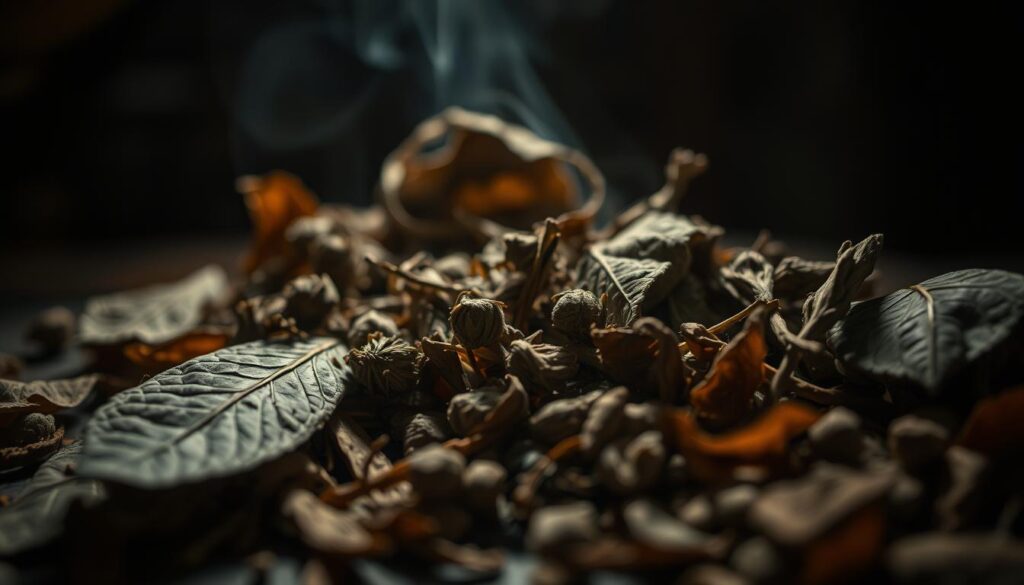
Tobacco smoking is risky for health. It’s the main cause of non-communicable diseases in many places. Herbal smoking, on the other hand, has fewer harmful chemicals.
Health Impacts Unveiled
Herbal smoking has interesting health benefits:
- Nicotine-free options reduce addiction risk
- Many herbs have natural medicinal properties
- Lower risk of chronic diseases
Cultural Perspectives Explored
Different cultures see herbal smoking in unique ways. Some traditional cultures use smokable herbs for healing. They see them as tools for health, not just for fun.
By 2030, tobacco is expected to claim over 8 million lives globally, highlighting the importance of exploring healthier alternatives.
Herbal smoking isn’t risk-free, but it’s less harmful than tobacco. If you’re interested in alternative medicine, talk to a healthcare professional first.
How to Choose the Right Herb for You
Finding the perfect herbal remedies for smoking is a journey. It’s about exploring and finding what works best for you. I’ve learned that the right blend is unique to each person.
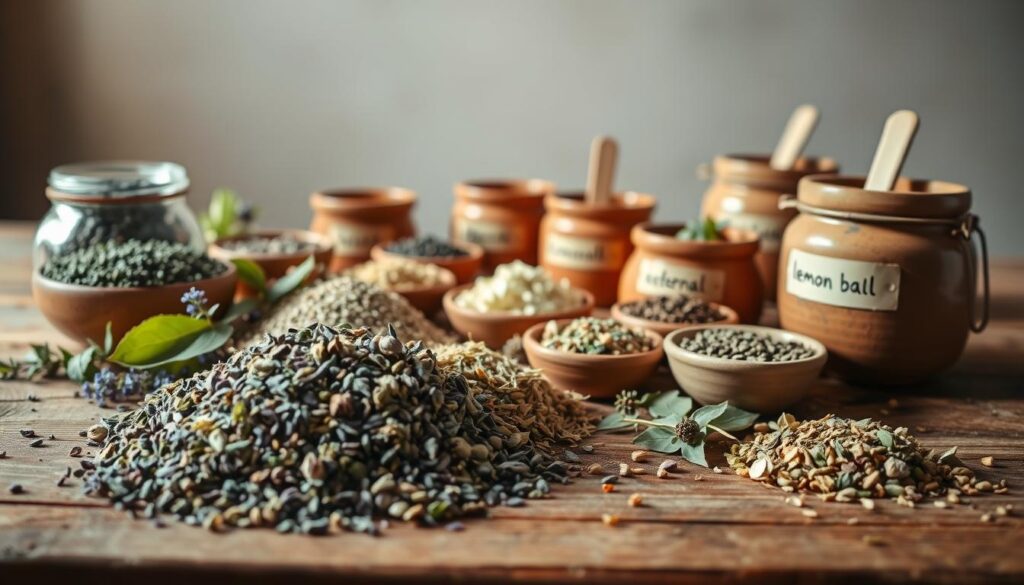
- Your personal health goals
- Desired emotional or physical effects
- Potential interactions with existing medications
- Individual sensitivities
Understanding Your Herbal Preferences
Start with milder herbs to see how your body reacts. Lavender is great for beginners. It offers a gentle smoke and calming effects.
Crafting Your Ideal Blend
Making a custom herbal smoking blend is about knowing different types of herbs:
- Base herbs (like mullein)
- Action herbs
- Aromatic herbs
- Astringent herbs
Use a mix of 2 parts base herb, 1 part action/astringent, and 1/2 part aromatic. Start small and pay attention to how you feel.
Remember, the goal is to enhance your holistic wellness, not to replace professional medical advice.
Recipes and Blends for Herbal Smoking
Creating herbal smoke blends is an ancient art of natural healing. It lets you make personalized mixtures for your wellness needs. The world of Ancient Smokable Herbs is a fascinating journey into unique herbal smoking experiences. It connects tradition with personal well-being.
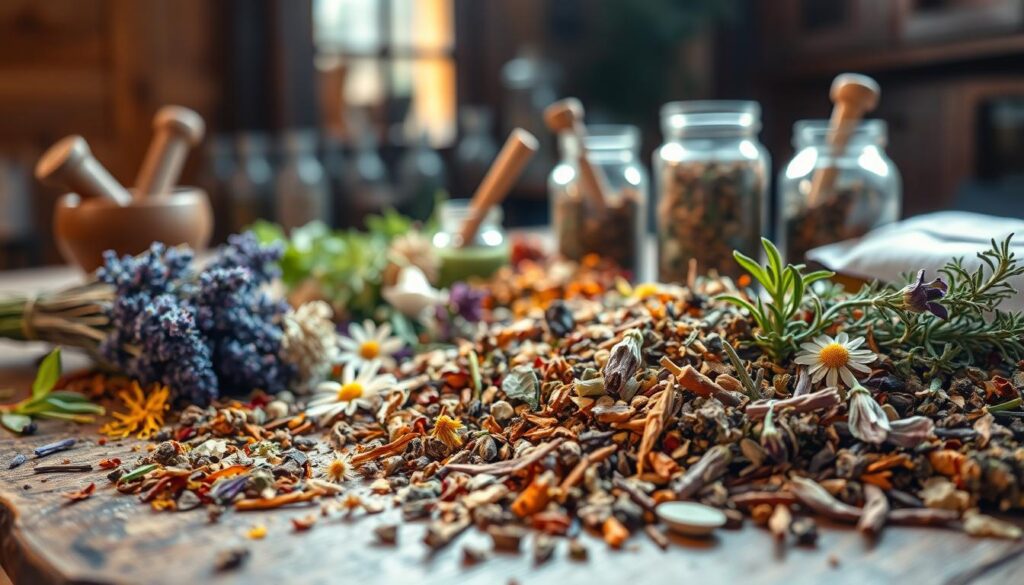
Crafting Your Perfect Herbal Mixture
When making herbal smoke blends, knowing the mix is key. I suggest a strategic approach to mixing herbs:
- Base Herbs (40-60%): Provide structure and primary smoking experience
- Supportive Herbs (30-40%): Offer therapeutic benefits
- Flavoring Herbs (10-20%): Enhance taste and aroma
Popular Herbal Smoking Blend Recipes
Here’s a classic blend recipe for those new to natural herbal smoking:
- Relaxation Blend:
- 2 parts Mullein Leaf (base)
- 1 part Damiana (supportive)
- 1/2 part Lavender (flavoring)
- Dream Enhancement Blend:
- 2 parts Mugwort (base)
- 1 part Skullcap (supportive)
- 1/2 part Rose Petals (flavoring)
Creating herbal smoke blends is a personal journey. Always use high-quality, organic herbs. Experiment carefully to find your perfect mixture.
Legal Considerations in the United States
Exploring smokable herbs can be tricky. As someone who loves alternative medicine and herbal smoking, I’ve learned that laws change from state to state. It’s important to know these rules to use herbs safely.

There are a few main things to think about when it comes to smokable herbs:
- No federal certification exists for herbal practitioners
- State regulations differ significantly
- Consumer protection laws vary by location
- FDA regulations apply to herbal supplements
Understanding State Regulations
States have different rules for herbal smoking. Some states are more lenient, while others are stricter. For example, eleven states have laws to protect consumers under the Health Freedom initiative.
“Freedom of herbal practice is protected, but practicing medicine without a license remains prohibited.” – Herbal Medicine Legal Expert
Navigating the Legal Landscape
Here are some tips for exploring herbal medicine and smoking:
- Research your specific state’s regulations
- Consult local health authorities
- Verify the legal status of specific herbs
- Stay informed about changing legislation
The Dietary Supplement Health and Education Act of 1994 sets rules for herbal supplements. Companies must report any bad effects and back up health claims. But, remember, the FDA doesn’t recognize traditional use claims. So, be careful.
Conclusion: Embracing the Ancient Tradition
Ancient smokable herbs connect us to holistic wellness that goes back thousands of years. My exploration of these herbal remedies showed a wealth of healing practices beyond modern medicine. Herbs like Mugwort and Lavender offer natural ways to improve health and well-being.
Smoking herbs is more than a trend; it’s a way to connect with our ancestors. Through traditional healing methods, we find stress relief, mental clarity, and spiritual growth. It’s important to respect and use these herbs wisely.
Using these herbs responsibly is key. While they offer many benefits, we must use them carefully. Start slow, choose organic herbs, and pay attention to how your body reacts.
As we move forward, ancient herbal wisdom blends with modern wellness. These herbs teach us that healing is about more than just treating symptoms. It’s about connecting with ourselves and nature.
Source Links
- https://www.zhiherbals.com/blogs/news/smokable-herbs?srsltid=AfmBOoqp2yVKxL4EVvXpi2fcbvBl2P-tsKOAWvjO1TAMs9omBAZxxnp4 – Big List of Herbs You Can Smoke
- https://animamundiherbals.com/blogs/blog/top-smokable-plants-used-since-ancient-times?srsltid=AfmBOooeoyZPuhNAa3E0YuZO7ZnNX6SkGEifSjcVDEAOyk9-Tj1P9Ly5 – TOP SMOKABLE PLANTS Used Since Ancient Times
- https://www.euphoricherbals.com/blogs/blog/smokable-herbs?srsltid=AfmBOorcnn_HdgmoFIi4hhQLEVxEtwhbGyFtCRC6lPzEaidYB_vUF5RN – Smokable Herbs + Creating Your Own Blend
- https://en.wikipedia.org/wiki/List_of_plants_used_for_smoking – List of plants used for smoking
- https://philarchive.org/archive/SUMCIT-2 – Sumler.pdf
- https://glamgardenernyc.com/pages/can-you-smoke-herbs-their-benefits-and-how-to-make-herbal-smoke-blends?srsltid=AfmBOopvPK-qVG5qoIIMyC9b3O0ARNhq3PWzyx1mvNd-AqTasP3Spyt2 – Can you smoke herbs? Their benefits & how to make herbal smoke blends
- https://animamundiherbals.com/blogs/blog/top-smokable-plants-used-since-ancient-times?srsltid=AfmBOorRhlnFdo_b8cLHlhgvc_RAlZErgNS2wELZ0OMirrtjQBu5YWkf – TOP SMOKABLE PLANTS Used Since Ancient Times
- https://www.tearahouwellbeing.co.nz/blog/post/126492/exploring-the-ancient-tradition-of-smokable-herbs/ – Exploring the Ancient Tradition of Smokable Herbs
- https://www.zhiherbals.com/blogs/news/smokable-herbs?srsltid=AfmBOoqniUSN5VtRC8gTMntyk-vaKG7HldPhiGvO0pAEAzDNVgzr-xO1 – Big List of Herbs You Can Smoke
- https://www.zumanutrition.com/blogs/health/benefits-of-smoking-herbs-and-health-risks?srsltid=AfmBOorr3wgy3-2XTEQWOuhtp3ge1U2b7HxvyLjyF_ZFEDDPxLLLGRtA – Benefits of Smoking Herbs and Health Risks
- https://www.honeyroseusa.com/premium-herbal-cigarette-news/smokable-herbs-for-relaxation – Smokable Herbs For Relaxation
- https://pmc.ncbi.nlm.nih.gov/articles/PMC9773184/ – How Do Herbal Cigarettes Compare To Tobacco? A Comprehensive Review of Their Sensory Characters, Phytochemicals, and Functional Properties
- https://budlove.com/beyond-tobacco-a-journey-through-the-history-and-cultural-significance-of-herbal-smoking/ – Beyond Tobacco: A Journey Through the History and Cultural Significance of Herbal Smoking – Bud Love
- https://blog.mountainroseherbs.com/smoke-cleansing – Smoke Cleansing Around the World
- https://www.frontiersin.org/journals/pharmacology/articles/10.3389/fphar.2020.594591/full – Frontiers | “Tobacco Is the Chief Medicinal Plant in My Work”: Therapeutic Uses of Tobacco in Peruvian Amazonian Medicine Exemplified by the Work of a Maestro Tabaquero
- https://www.cambridge.org/core/services/aop-cambridge-core/content/view/1823891056DD037A84EAAB6AA59A0704/S0025727300012333a.pdf/div-class-title-a-history-of-the-medicinal-use-of-tobacco-1492-1860-a-href-fn01-ref-type-fn-a-div.pdf – PDF
- https://sciencevolks.com/dentistry/pdf/SVOA-DE-04-0135.pdf – PDF
- https://animamundiherbals.com/blogs/blog/top-smokable-plants-used-since-ancient-times?srsltid=AfmBOopcPZ92VNS3xcQvyJTyBdv2eo1OEpDZXzjeN4OZqaQYborG2hOT – TOP SMOKABLE PLANTS Used Since Ancient Times
- https://glamgardenernyc.com/pages/can-you-smoke-herbs-their-benefits-and-how-to-make-herbal-smoke-blends?srsltid=AfmBOooJoWk7NAGYI0U8Kq1hncOigDMrtxIcGN0EjSkDvVY1VGxYQGll – Can you smoke herbs? Their benefits & how to make herbal smoke blends
- https://elevate-holistics.com/blog/the-best-herbs-to-smoke/ – Botanicals: The Best Herbs to Smoke
- https://www.zhiherbals.com/blogs/news/smokable-herbs?srsltid=AfmBOoqP5MK6qb577CYF1FaUaPx_YyysG-Ii1U9LtnOKdbohbSyOSSZL – Big List of Herbs You Can Smoke
- https://www.euphoricherbals.com/blogs/blog/smokable-herbs?srsltid=AfmBOoouRPqSQP93KjBaitxLsB_5z0g7c1I9jOXZB3ihhQsaEZAcNPE0 – Smokable Herbs + Creating Your Own Blend
- https://animamundiherbals.com/blogs/blog/top-smokable-plants-used-since-ancient-times?srsltid=AfmBOorO0o7vi482DaKhOfxWkHUlh8TMYvc_Ncq9Ie36JTImBpOZHSSj – TOP SMOKABLE PLANTS Used Since Ancient Times
- https://www.history.com/topics/crime/history-of-marijuana – Marijuana ‑ Plant, Use & Effects | HISTORY
- https://americanherbalistsguild.com/legal-and-regulatory-faqs – Legal and Regulatory FAQs
- https://www.cambridge.org/core/journals/american-antiquity/article/evolution-of-smoking-and-intoxicant-plant-use-in-ancient-northwestern-north-america/CBDE7A9E19CCEBE399AF4C703701B2A6 – The Evolution of Smoking and Intoxicant Plant Use in Ancient Northwestern North America | American Antiquity | Cambridge Core
- https://pmc.ncbi.nlm.nih.gov/articles/PMC11245246/ – The evolution of ancient healing practices: From shamanism to Hippocratic medicine: A review
- https://sagesistas.com/herbal-inhalation-smoking-natural-herbs/ – Herbal Inhalation: A Health Perspective on Smoking Natural Herbs
